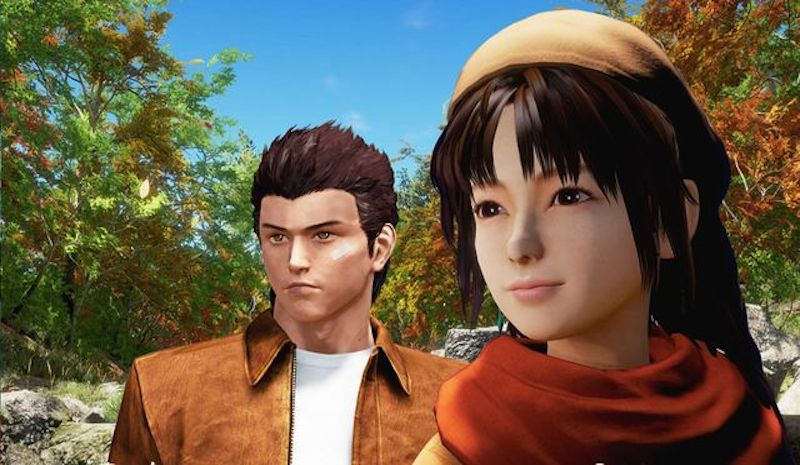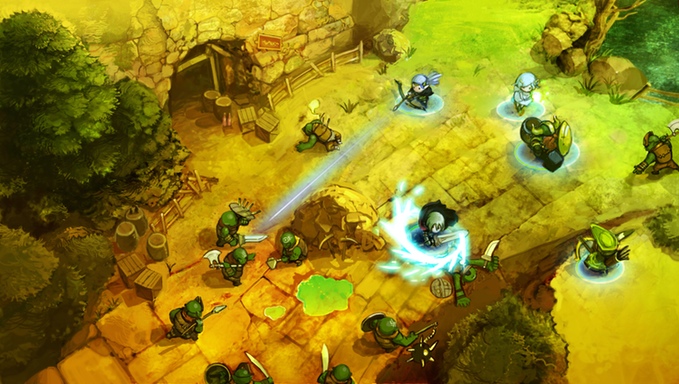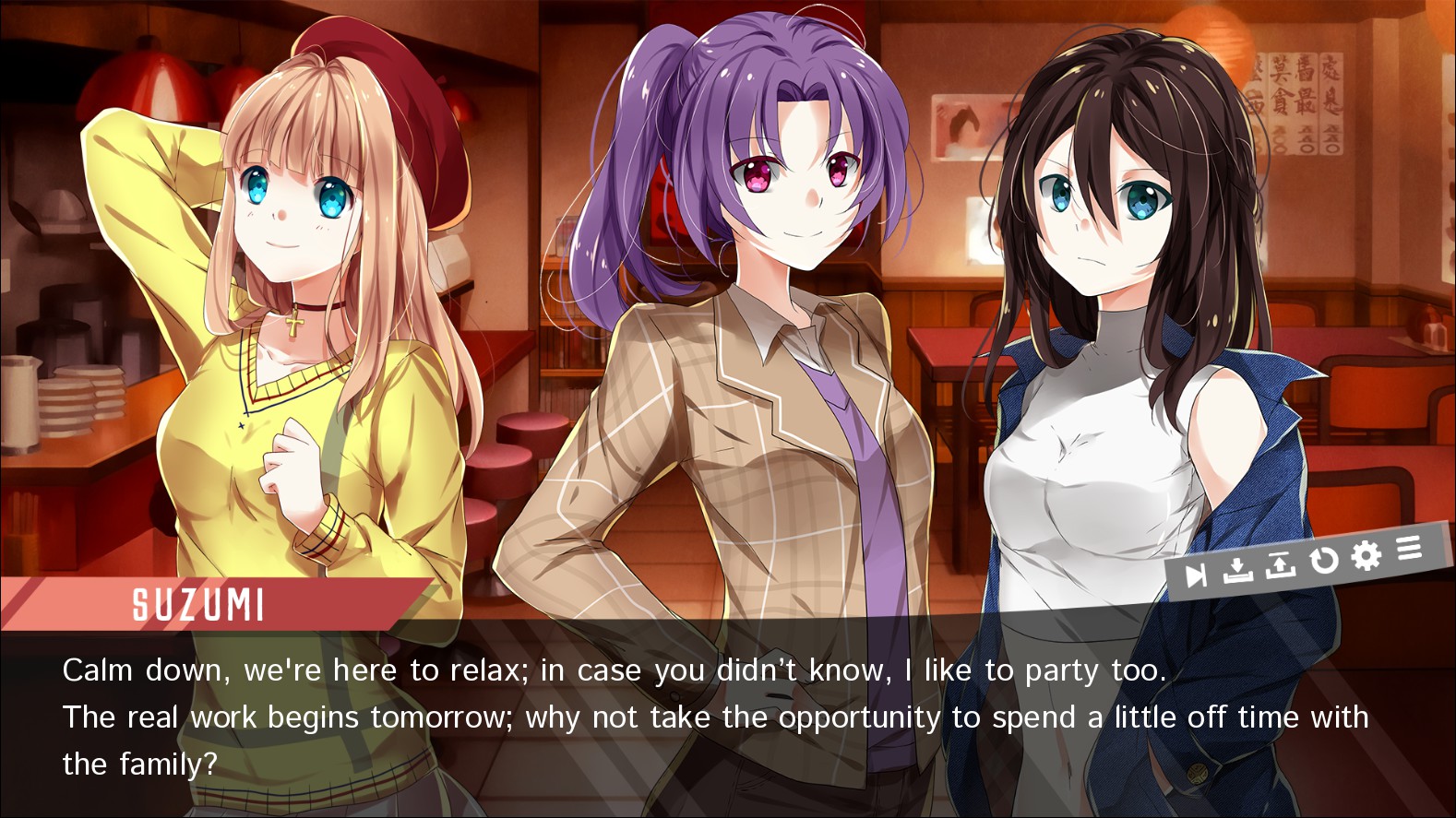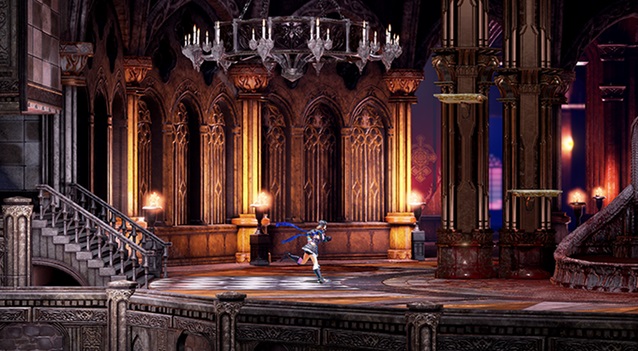The other day, Cliqist Editor-in-Chief and longtime table eater Greg Micek and I were discussing our Where Are They Now? on Keiji Inafune. He suggested that, for the most part, gaming pundits and backers are too harsh on Japanese developers who use crowdfunding. Kickstarter backers can be overly harsh with many developers. Japanese developers in particular always seem to get it the worst, he argues.
For the most part, he’s right. Japanese developers who use crowdfunding get an awful lot of hate. There tends to be more drama per square virtual inch in the comment section of a Japanese crowdfunded campaign than any other. Why is that?
Those Happy Few
Not many Japanese developers take the plunge into crowdfunding. Inafune will always be the first to come to mind for his stunning failure. There’s also Koji Igarashi’s Bloodstained, Yu Suzuki’s Shenmue 3, and Masaya Matsuura’s Project Rap Rabbit which recently failed to meet its goal by a stunning margin. Those are just the most notable names however. When you step back and look at all the Japanese based game developers on Kickstarter, you may be surprised how many there are.
There are 35 successful campaigns from Japan, one on-going, and 21 failed attempts. Some of the smaller successes include Igrasil Studio’s Bloody Chronicles, Awesome Japan’s Soul Knights, and 12 different visual novels from sekaiproject, who are actually based in Los Angeles. Each of them have come under scrutiny to some degree or another, which is to be expected anytime crowdfunding’s involved. But have these cases of backlash been fair, and why does it seem so prevalent with Japanese developers in particular?
Game Development in Japan vs. the West
Japanese game development has always been different from Western game development, especially on the indie scene. Many of these high profile Japanese campaigns come from high profile developers who worked at AAA companies in Japan.
In December 2015, US Gamer ran an excellent story about indie game development in Japan. They stated that the indie dev scene in Japan was small, and that there are more Western indie developers there than ever before who are helping new Japanese developers. But for a better view of indie gaming in Japan, not through the eyes of Westerns, you should check out Branching Paths: A Journey Through Japan’s Indie Game Scene. The documentary speaks to dozens of Japanese game designers and publishers, from both big and small companies to the so called “bedroom developers.” It shows a different environment to the one we’re used to hearing about from Japan.
The Hideo Kojima/Konami debacle is the perfect illustration of this rift. We don’t want this morphing into another article about how bad Japanese work practices are from a Westerner who’s never worked in Japan before, but the stories that came out of Konami’s offices are horrifying. There were reports of longtime and well-respected developers at Konami being demoted to janitors, that Kojima wasn’t allowed to speak to his team while developing Metal Gear Solid V, and that Konami executives have even set up cameras to watch their employees around the clock. Most recently, reports state that Kojima’s new studio is having trouble getting healthcare because Konami executives are blocking them, and that former Konami employees aren’t allowed to put their work at the studio on their resumes.
Crowdfunding Doesn’t Work That Way
Whatever it’s like working for a company in Japan, you can trace a direct line from reports like those to how Japanese games are presented. Japanese studios tend to remain quiet, not making any announcements about their games or anything until it’s almost done, and they always have to have things done their way. You needn’t look any further than Nintendo not officially announcing the Switch until only months before it came out, despite the years-worth of leaks about it to see that. Or Sony refusing Fallout mods on the PS4 for so long before finally giving in, or still refusing cross-platform play.
For another example, look at how Japanese companies treat YouTube. Just about every Japanese video game company, from Nintendo, Capcom, Square Enix, Tecmo – the list goes on and on – either place bizarre restrictions on using footage of their games, block comments, or outright don’t allow it unless you sign a contract with them. Japanese companies are just backward in this regard. It goes to show that most of them want to control the narrative around their games. That thinking isn’t suited to modern Western philosophy of the internet where everything is constantly being shared at all times.
That’s why so many Japanese developers struggle with Kickstarter. All of the big tier players come from that very same restrictive background. They’re used to locking themselves away and remaining silent when Kickstarter is all about open development.

Shenmue 3’s delay into 2018 wasn’t announced until six months before it’s original release date.
Where You’re From Has Nothing to Do With It
It’s important to note that it’s not because these developers are Japanese that they struggle. Any developer who believes in running an overly tight ship will always fail on Kickstarter. We’ve seen plenty of Western developers clam up after getting their money and massive amounts of backlash, such as Last Life and Lobodestroyo.
At the same time, it doesn’t necessarily matter how long it takes to develop a game as long as the studio is releasing frequent (and meaningful) updates, like Torment: Tides of Numenera.
This isn’t to say all Japanese developers on Kickstarter have done a bad job either. Koji Igarashi is writing the book on striking the perfect balance between fan interaction, sharing information, and holding some things back. He’s asked for input on the art style, has constantly showed off new levels and made himself available for Q&A’s with backers.
More developers on Kickstarter, Japanese or otherwise, need to be like Igarashi. Kickstarter backers expect a certain level of information sharing. When you don’t give that to them, it’s not going to go well for you. You might not think that’s fair, and maybe it’s not. But if you’re going to ask for crowdfunding investment, you better be prepared for a whole new way of looking at game development.







